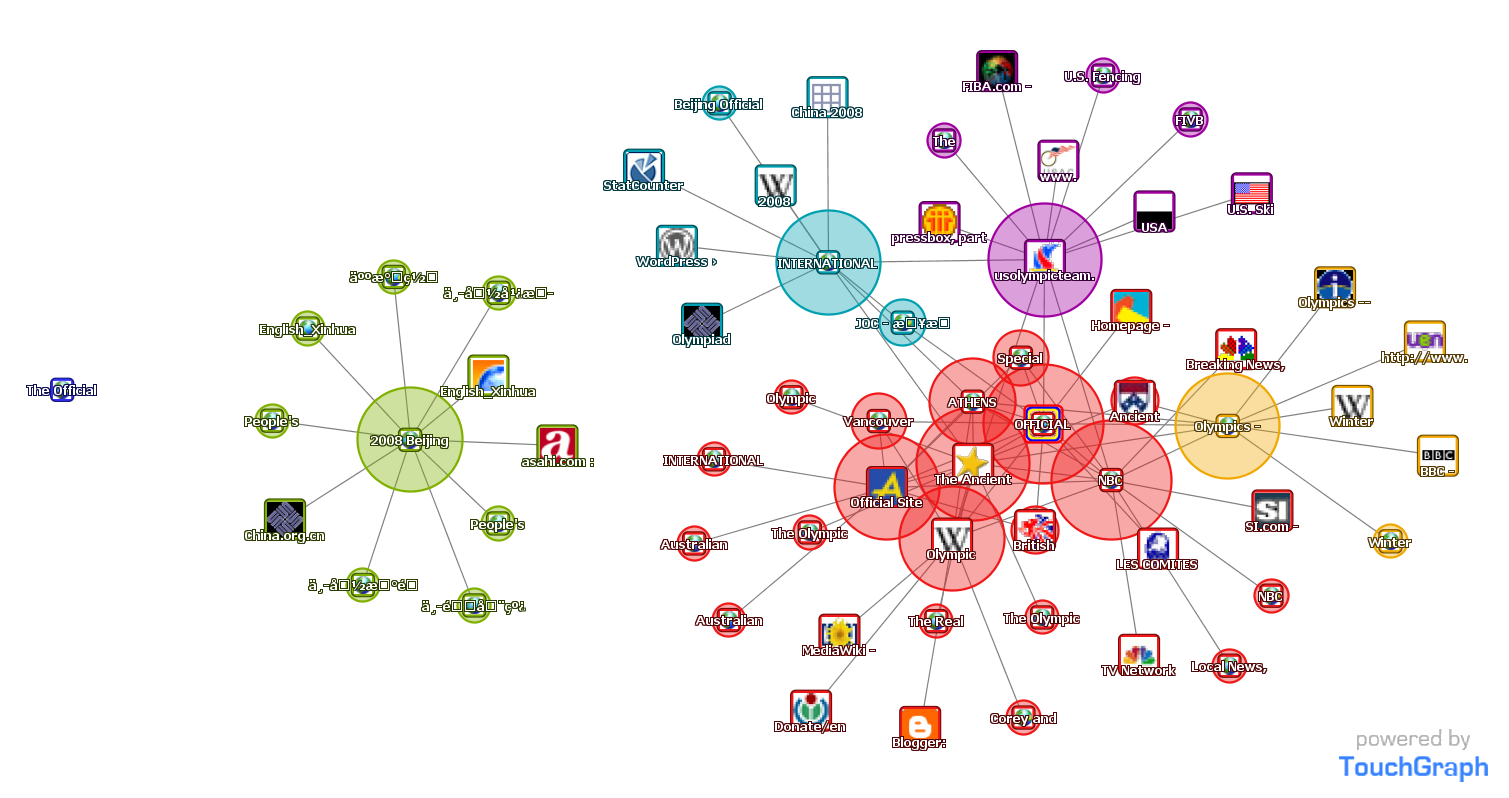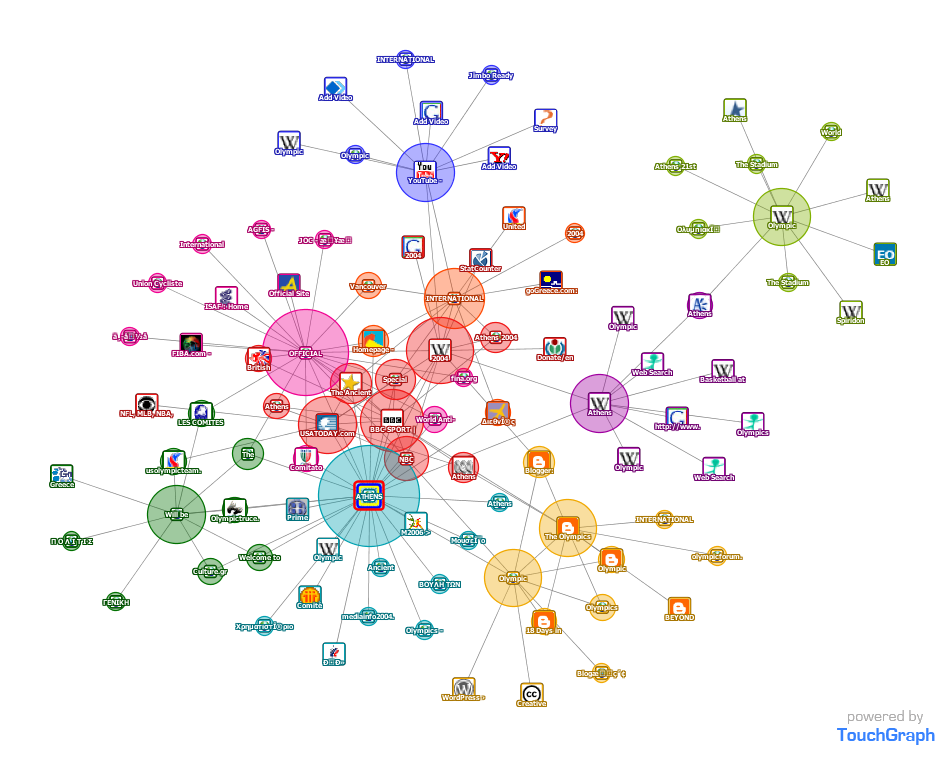China has expanded its Internet filtering system to the nation’s atmosphere, leaving millions gasping for breath. The new system, called the “Golden Fan Project”, utilizes a complex system of fans, vents and tubes to block any “spiritual pollution” from entering the country.
Nationalist sentiments about Chinese air have been simmering for quite some time, and have recently exploded after recent violence in Tibet. Chinese authorities claim that Tibetans attacked innocent Han Chinese air conditioner salesmen, while Tibetan activists abroad point the finger at China’s occupation of Tibet’s atmosphere and discriminatory breathing policies. The Chinese government has not allowed foreign correspondents to enter Tibet except in specially designed sealed bubbles. “The atmosphere is not good right now, we must take these precautions for the safety of foreign journalists”, said one official.
Tibetan activists counter that the air is fine, but is being exploited by the Chinese. “The air in Tibet is very thin. The growing Han Chinese settler population will soon breath it all up, leaving no Tibetan air for Tibetans,” said Soblang Rimpoche, director of Free Breathing for Tibet. He also points to a massive air pipeline constructed in 2007 to ship air from Tibet into the interior in an effort to support a rapidly developing China’s growing hunger for air.
Meanwhile, the Chinese nationalist web forum Anti-CNN.com has begun a new campaign against “biased foreign air” that “hurts the feelings and the lungs of the Chinese people.” A demonstration outside the offices of Air France last week left 23 dead of auto-asphyxiation, while 44 sustained injuries from holding their breath for too long. An internet manhunt also singled out an overseas Chinese student, who was spotted in photographs breathing European air. “You can clearly see her mouth is open,” said one commenter, “filthy traitor dog!”
Foreign critics of China’s air policies point out that the country has become the world’s number one air polluter, and that China would benefit from paying more attention to its own air rather than others. Chinese supporters believe this is simply a ploy to prevent China developing a more modern climate. They also point to reports that the US Olympic team plans to bring breathing masks and oxygen tents to Beijing, arguing this demonstrates that China’s efforts are no different than any other countries desire to maintain its atmospheric sovereignty.
While it is not clear precisely how the Golden Fan Project works, it seems to involve an array of different methods to block “harmful” foreign air. These methods include blocking breezes from particular regions, filtering for specific scents, and monitoring local air for “inappropriate exhales”. Expatriates in China report that there are numerous ways to breath foreign air, if one uses the appropriate tools, for example the proxy breathing service Anonymouth. “It’s only a minor nuisance,” mumbled blogger Davesgonechina from within his portable Hyperbolic Chamber.
“Foreign air is often very yellow, very violent,” croaked one official at the Ministry of Information Industries wearing a white mask during a Reuters interview, “and is not conducive to a harmonious society. Therefore we are doing our best to protect the Chinese people from its malignant influences.” He then turned blue and collapsed to the floor.







